Physiology
Physiology is a unique discipline within the life sciences. It strives to study and explain the normal function of organs and the whole body by integrating molecular biology and cellular physiology into a systemic approach.
Modern Physiology
Modern physiology uses state of the art methods in molecular biology, cellular physiology, genomicss, and other sub-disciplines to obtain a detailed and integrated understanding of body function in health and disease.
IUPS Academy
IUPS works to promote physiology globally. As part of its strategy to achieve this, IUPS is launching the IUPS Academy of Physiology. Fellows of the IUPS will be scientists making exceptional contributions to physiological sciences. This academy will represent the diversity and excellence of worldwide physiology.
Young Physiologists
Training young, enthusiastic scientists is the best investment for the future of physiology. IUPS aims to support young scientists to get experience and training via exchange programs, easy access to international meetings, and educational and methods workshops, especially in developing countries. IUPS strives to give young physiologists a voice via its webpage and social media
Data, Models, & Methods
In complex biological systems, mathematical modelling helps develop a new systems approach. IUPS supports this goal by supporting the Physiome project. Moreover, the growing amount of data needs to be made available to the scientific community to foster interdisciplinary research. IUPS supports initiatives which enable interoperability and usability of research data for open science.
Ethics
True scientific progress requires research being performed with high standards in the responsibility of researchers, the reliability of the results, and validity of experimental models. This requires formulation of ethical principles by science organizations. IUPS is supporting these efforts and has a long established Ethics Committee.

